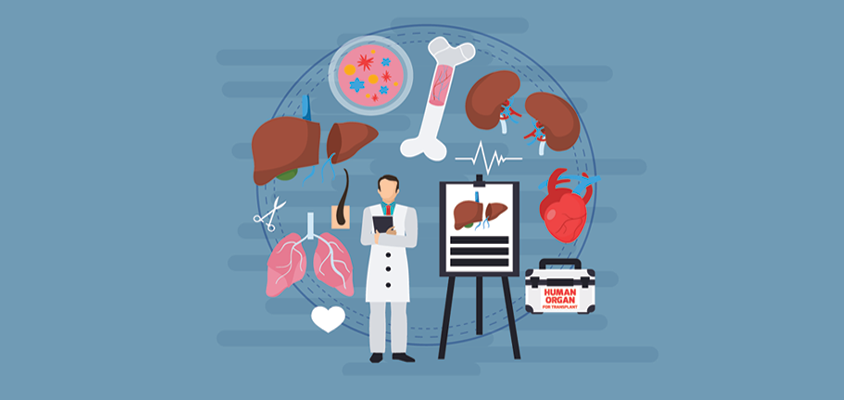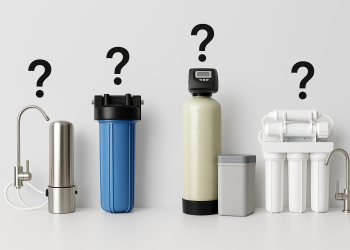Organ donations are down 21% since the implementation of the Covid-19 stay at home order, a UNOS study shows. In fact, during the first week of stay at home orders, March 8 to April 11, transplants were down 52%. There are two reasons behind this: a reduction in the number of fatal accidents, and hospitals lacking the staff and resources to perform transplant surgeries amongst a pandemic.

Reduction of Fatal Accidents Because of Stay At Home Order
The number one provider of organ donation is motor vehicle accidents, accounting for 33% of all organ donations in the United States. With the stay at home orders in place, traffic congestion has reduced significantly, and so too has traffic accidents, according to Brad Nakase of the Nakase Law Firm who is a car accident injury lawyer in California. Between March 8 and April 11, fatal traffic collisions were down by 23%. While this is fantastic news for most people, and a small silver lining amongst coronavirus deaths, loss of jobs and businesses, for people waiting on organ donation, it is a harrowing statistic. For many people waiting on an organ transplant, they face a reality of needing someone to die so they can live.
It is not only motor vehicle accidents that have reduced significantly during the Covid-19 pandemic, during the summer organ donation usually skyrockets due to fatal accidents. With spring break cancelled, spring break fatal accidents are almost non-existent. Other summer fatalities such as beach accidents and motorcycle accidents have greatly decreased. Drowning alone is down 80%.
Many people are also nervous about visiting emergency rooms, and doctors have noticed that they are receiving relatively few cases of non-coronavirus related admissions. This means that people are ignoring life-threatening symptoms of heart attacks and strokes, which are the other two major sources of organ donation. Strokes make up 27% of organ donation, and heart attacks account for 20% of donated organs. Usually, if a heart attack or stroke victim dies in the hospital, doctors are able to place them on ventilators to allow for the organ donation process. However, during the epidemic, many people are passing away in their own homes from heart attacks and strokes. Not only does this mean maybe people are dying unnecessarily, as medical intervention could save them, but also, there is little chance to recover the organs of the deceased for organ donation.
Hospitals Lacking The Resources To Perform Transplant Surgeries
The second prong of the lack of organ donation is that many hospitals are overwhelmed with Covid-19 cases. Even before the pandemic swept the US, many hospitals were feverishly preparing for the wave of coronavirus patients that could come any day. This meant surgeries were cancelled to save precious resources like PPE and ventilators in preparation. These resources are in short supply at the best of times, let alone in the midst of a highly contagious pandemic. Organ donation and transplant is an extremely delicate procedure which requires the coordination of many moving parts, and the attention of multiple surgeons. In preparation and in the midst of a pandemic, the resources required to successfully pull off an organ transplant were not able to be spared.
Ventilators are required for both the donor and the recipients. Oftentimes, the organ donor may even be on a ventilator for days following their death; their organs need constant blood flow while the transplant it arranged. In the midst of the Covid-19 pandemic, where all hospitals do not have enough ventilators for their patients, tying up a ventilator on a deceased patient for three days is not feasible.
Another barrier to organ donation has been the worry that coronavirus-infected organs could transfer the disease to the organ recipient in a time where their immune system is weakened. Hospitals do not have enough Covid-19 test kits to test the blood of the organ donor, and the organs of Covid-19 victims cannot be used for the same reason, even though many of the fatalities were organ donors.
All in all, the Covid-19 crisis has severely depleted the organ donation pipeline, and those on the UNOS waiting list are facing a longer wait than anticipated. In many cases, they are immune-compromised and having to attend hospitals for life-saving treatments where they may catch Covid-19.







